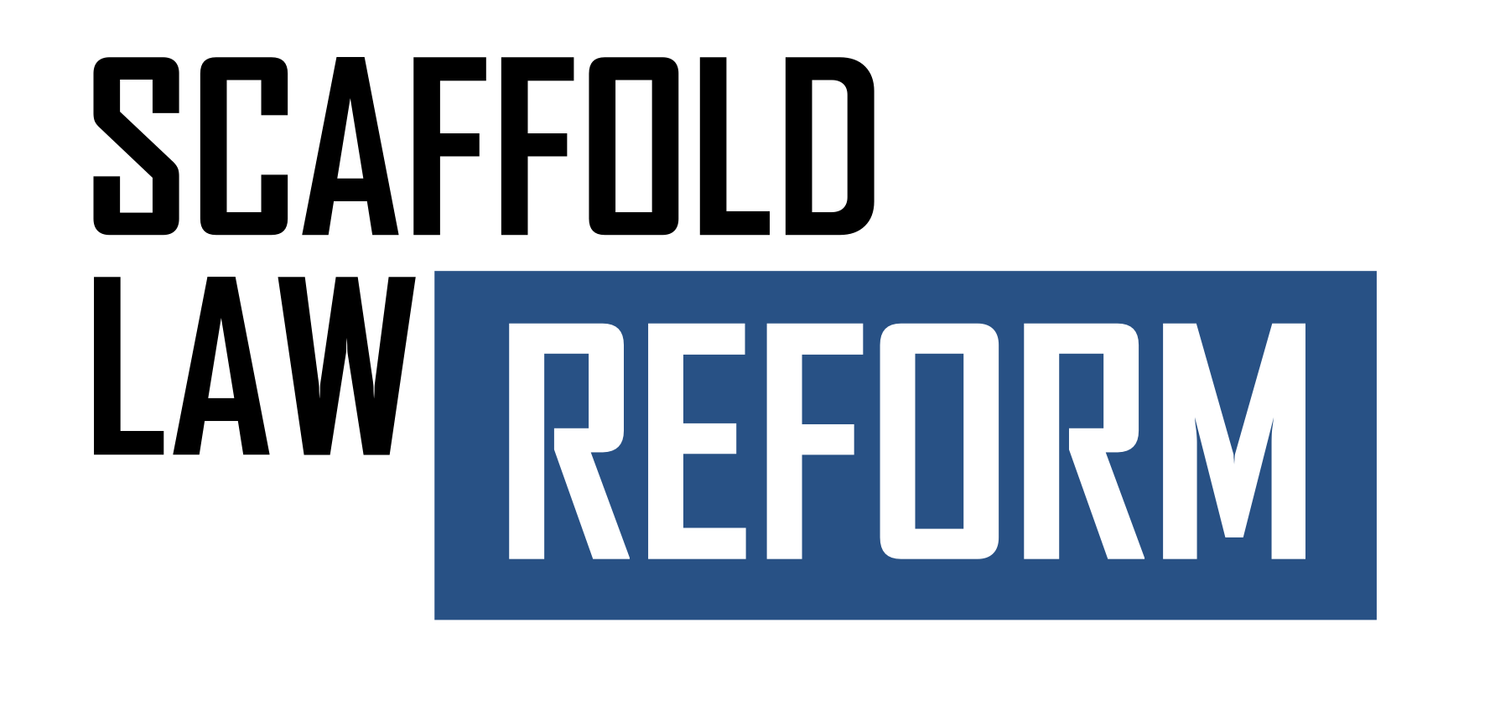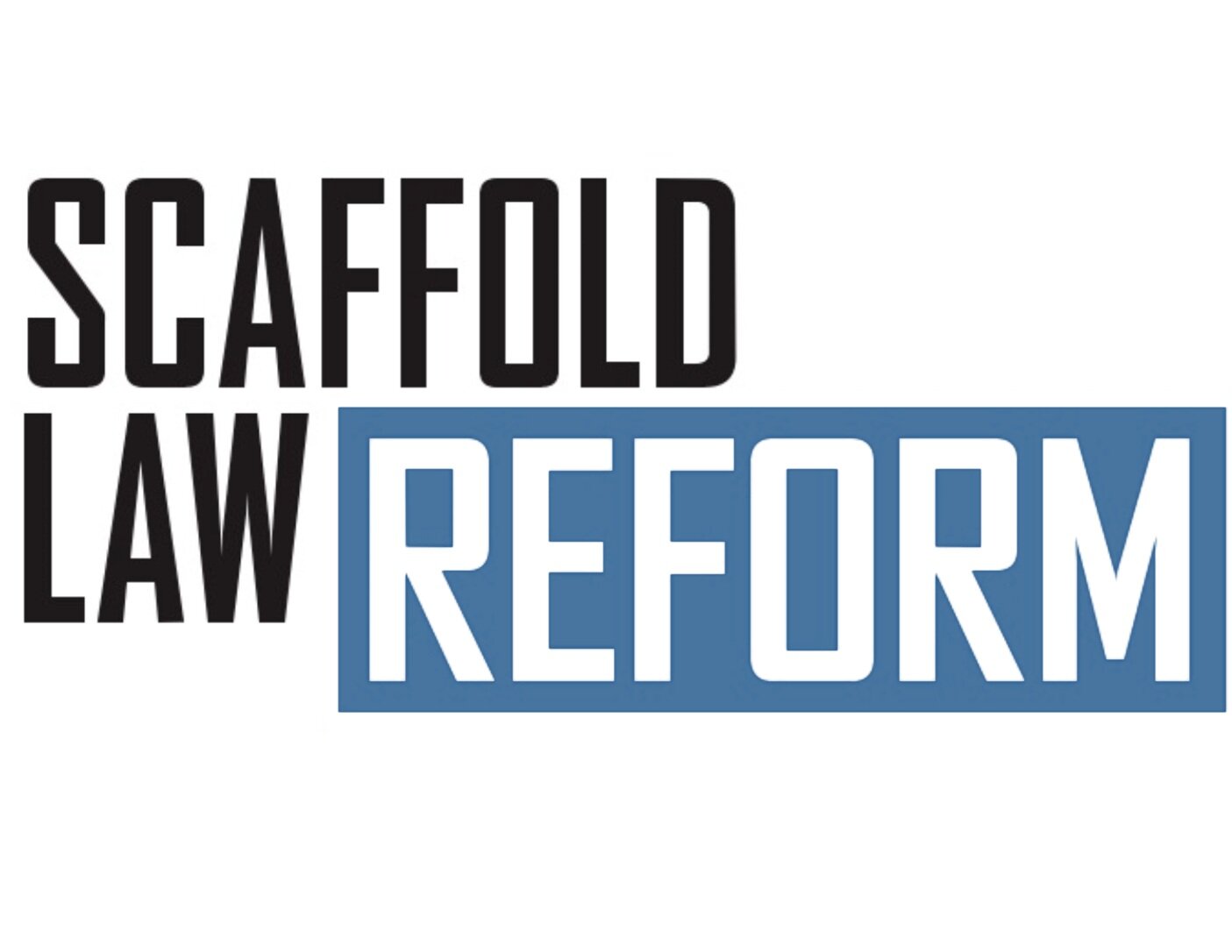Newsday: Reform the Scaffold Law and cut the cost of building in NY
By: Mike Florio
As New York faces a worsening housing affordability crisis, one outdated law continues to drive up construction costs, slow progress, and scare off investment: Labor Law 240, better known as the Scaffold Law.
This 140-year-old statute, found only in New York, imposes "absolute liability" on property owners and contractors for gravity-related injuries on construction sites — regardless of who’s at fault. If a worker falls or is hit by a falling object, the employer is fully liable, even if the worker was clearly negligent. No other state has such a rule. The rest of the country uses comparative or contributory negligence standards, which assign responsibility based on facts.
New York’s refusal to reform this relic has led to skyrocketing insurance premiums, a hostile legal climate, and construction costs 5% to 10% higher than the national average. On Long Island and across the state, these added costs make it harder to build schools, hospitals, infrastructure, and affordable housing.
Fortunately, a practical solution is on the table. Rep. Nick Langworthy of upstate New York has introduced the Infrastructure Expansion Act, which would exempt federally funded or federally permitted projects in New York from the Scaffold Law. Instead, those projects would follow the standard of comparative negligence — like everywhere else.
While it’s hard to determine exactly how many New York projects involve federal support, the number is substantial. Large projects such as the $7 billion Penn Station overhaul, the $68 billion Metropolitan Transportation Authority capital plan, and the $100 billion Micron chip plant outside Syracuse all involve federal funding or permits. Projects backed by agencies like the Army Corps of Engineers, the Federal Transit Administration, and those using federal housing tax credits would also qualify.
Meanwhile, state- and local-funded public projects remain stuck with the law’s excessive costs. The new Governor Mario M. Cuomo Bridge saw insurance costs rise by more than $200 million because of the Scaffold Law. That money could have gone to classrooms, road repairs, or property tax relief.
On Long Island, the impact is deeply felt. Contractors face surging liability costs that threaten project viability. Even worse, fraud is becoming more common. As Newsday recently reported, some workers are being recruited and trained to fake falls, filing inflated claims that force companies into costly settlements to avoid unpredictable jury trials.
Reforming the law isn’t just a matter of saving money — it’s about fairness. The Infrastructure Expansion Act would put New York workers, contractors, and taxpayers on equal footing with the rest of the country. It would ensure liability is assigned based on the facts of each case, not an automatic and often unfair presumption.
Some critics of the legislation argue the current law protects worker safety. But the evidence doesn’t support that claim. Nationwide, construction injuries have declined even as Scaffold Law lawsuits in New York have soared. Safety comes from strong training, good oversight, and a job-site culture of accountability — not from lawsuit incentives.
The Scaffold Law may have made sense before OSHA, hard hats, and harnesses. But in today’s regulated, safety-conscious environment, it does more harm than good. It drives up costs, encourages fraud, and stifles the building activity New Yorkers desperately need.
he Long Island Builders Institute urges New York’s congressional delegation to support the Infrastructure Expansion Act — and we call on Albany lawmakers to replace absolute liability with a fair, modern approach that promotes both safety and justice.
Let’s build a New York that’s safer, fairer, and more affordable — for everyone.
This guest essay reflects the views of Mike Florio, chief executive of the Long Island Builders Institute.

